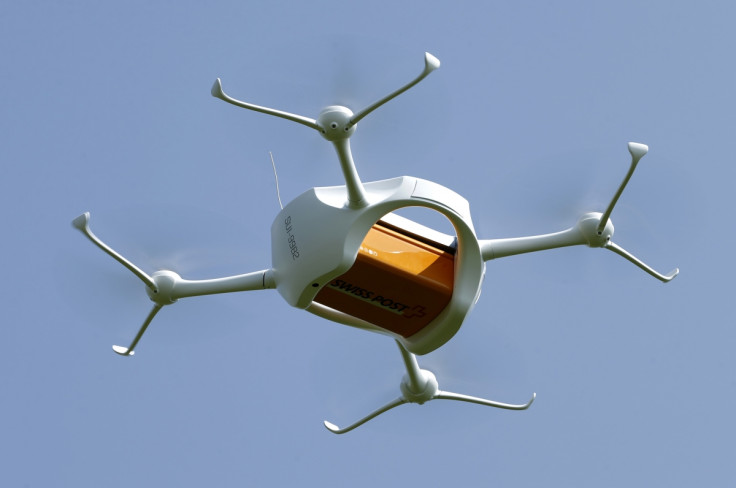DJI to foray into agriculture with pesticide-spraying drones

China's drone maker, SZ DJI Technology has decided to venture into the agriculture industry. It has recently unveiled an eight-rotor drone designed to spray pesticides on crops, a spokesman said.
The drone that can fly for about 12 minutes is priced at about $15,000 (£9,978.7, €14,159). This drone will act as a test to check if drone technology is feasible in agriculture.
The battery-powered DJI Agras MG-1 drone will have a 2.6-gallon spray tank and be able to spray pesticides on seven to 10 acres of farmland an hour. The company did not specify when the drones would go on sale, although it did say that the drones would initially be available in China and South Korea and in other markets later. The Shenzen-eadquartered company was taking preorders on 27 November in China.
DJI that is expecting to cross $1bn in revenues for this year is valued at roughly $8bn based on its latest funding round.
This is not the first time un-manned vehicles have been used in agriculture. Since the early 1990s, Japanese farmers have used large gasoline-powered unmanned helicopters made by Yamaha to spray their fields. In 2005, Yamaha started selling drones to South Korean farmers.
Farming was touted as the biggest potential market for drones by the Association of Unmanned Vehicle Systems International, the largest drone trade group. In a 2013 report, it had forecast that 92% of an estimated $82bn economic impact from commercial drones in the US for 10 years starting 2015 would come from the agriculture industry.
However, agriculture is nowhere close to such a large share of the market. This is evident from recent studies that show there are fewer companies applying for US Federal Aviation Administration approvals to use drones on farms than for activities such as mapping, industrial inspection and filmmaking.
However, DJI is not the only company with agriculture plans. Henri Seydoux, CEO of Paris-based drone maker, Parrot, said his company will collect data on 200,000 acres for farmers in France this year. "[Agricultural drones] are at an early phase. It's true for all the commercial spaces. There is a lot of expectation but still not a big result" Seydoux added.
The Chinese company is, however, working on a different aspect of farming. Instead of using drones to inspect crops, it will spray them. Drones would not only limit a farm worker's exposure to chemicals but would also make it easy to spray on hills and wetlands where access is difficult, explained Even Pay, a Beijing-based agriculture consultant.
A few analysts, however, opined that these drones would not appeal to farmers in the US as their farmlands stretch across larger areas, where they have traditionally used smaller efficient planes to spray hundreds of gallons of pesticides on their fields.
© Copyright IBTimes 2024. All rights reserved.





